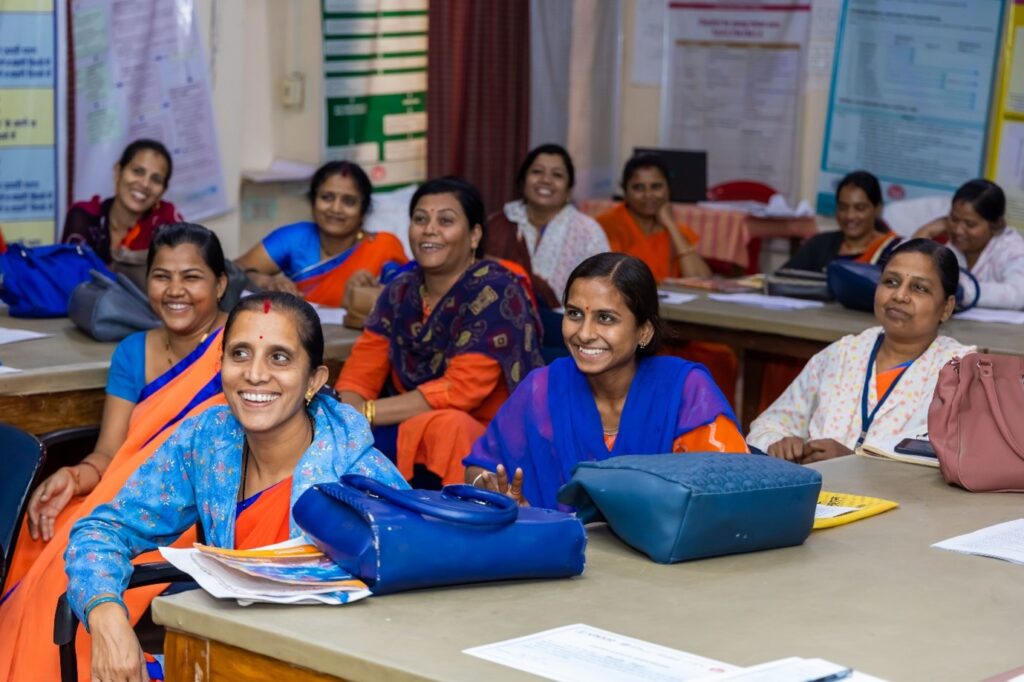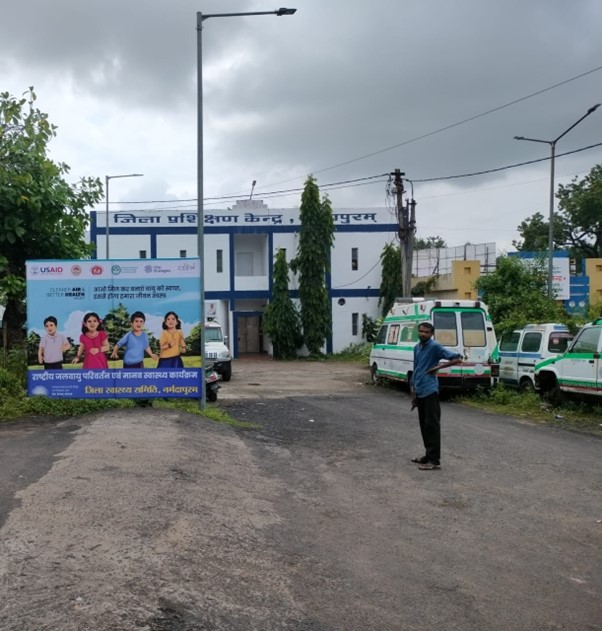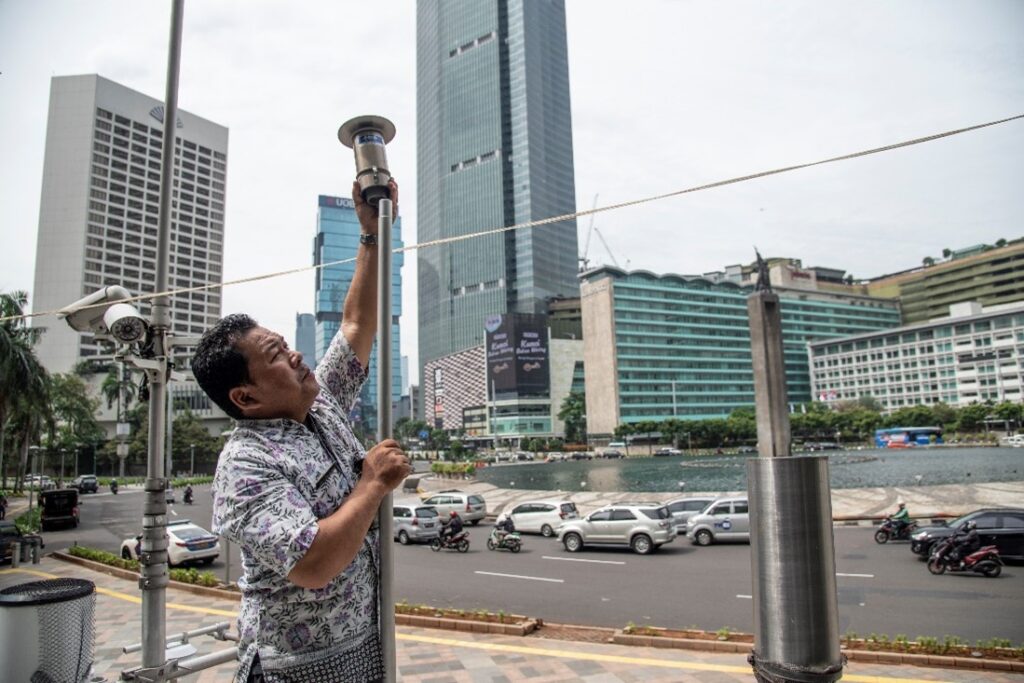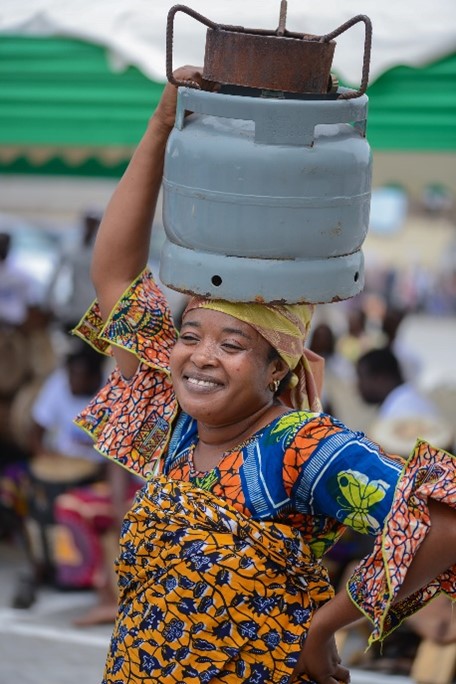Everyone needs clean air. But worldwide, over 99% of people live in places where air pollution exceeds the World Health Organization’s guidelines for what is deemed safe.
Air pollution is the greatest environmental threat to human health, claiming more than 8 million lives in 2021, and the second leading risk factor for death overall and for children under 5. It’s linked to lower respiratory infections, ischemic heart disease, chronic obstructive pulmonary disease and other illnesses.
The good news is that strategies exist that can be scaled up to reduce air pollution, with enough funding and political will. The theme of this year’s International Day of Clean Air for Blue Skies, “Invest in #CleanAirNow,” highlights the need to ramp up funding and commitments to mitigate air pollution.
To achieve measurable health benefits of clean air solutions, more funding is needed for:
1. Training frontline health workers to act as clean air advocates in their communities: Local health workers are trusted by their communities and can play a huge role in educating people on the ill effects of air pollution and how to decrease their risk.

2. Launching communication campaigns to increase public demand for clean air solutions: Strategic communication is key to bringing about a collective push to mitigate air pollution. As seen below, a billboard in Indore, Madhya Pradesh in India encourages people to join efforts to promote clean air.

3. Strengthening the routine collection, integration and use of relevant air quality and health data to inform priorities and policies: Without data, we cannot be certain of the specific causes and effects of air pollution in any given location, or measure the progress made due to actions being taken. Stronger data collection is critical, as is training so that those responsible for data collection can use it to inform policies and take specific remedial action.

4. Supporting targeted subsidies to increase the uptake of clean household energy: Too many people are still dependent on dirty solid fuels for cooking and heating; They either don’t have access to clean household energy or cannot afford it. Targeted subsidies can support these families to switch.

Vital Strategies has showcased several successful examples of how active engagement by the health sector has accelerated clean air progress. These success stories offer hope and prove that, where there is a will to effect change, change happens. To reduce air pollution, we need to strengthen clean air policies, develop and scale cleaner technologies, strengthen the health workforce to address air pollution, and keep clean air as a priority on local and global agendas.
Clean air is a fundamental right. We join the global community in calling upon governments, civil society and philanthropists to invest in #CleanAirNow.
Vital Strategies provides technical expertise to inform policies and influence public discourse around air pollution and its health impacts around the world. To learn more about how we partner with governments to address the disparate impact of air pollution on vulnerable populations, visit: Air Pollution and Health – Vital Strategies.
